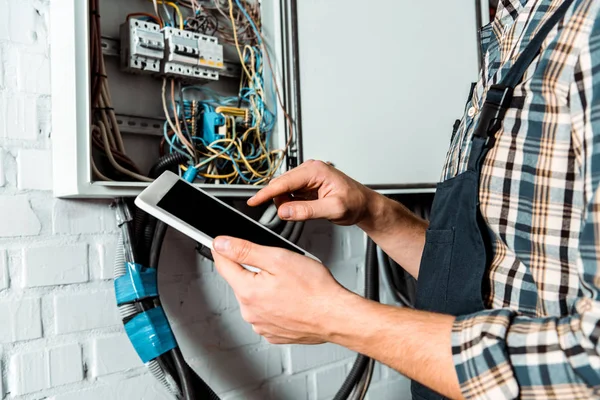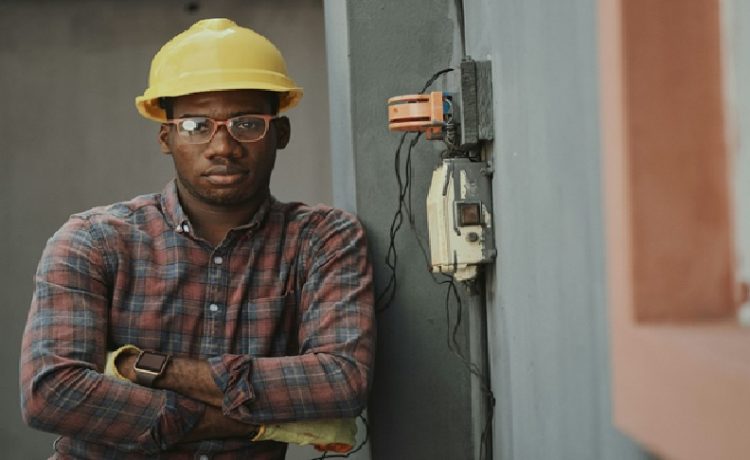It’s important to know the difference between an electrical contractor and a home electrician when doing electrical work in your home. Choosing the right electrician can make or break your project.
This article explains the roles, responsibilities, and ideal situations for each type of professional.
Role of Contractor and Electrician
Let’s take a look at the role of contractor and electrician below:
1. Contractor
An electrical contractor is a person or business that specializes in managing large-scale electrical projects. They usually manage big projects like building new things, fixing things that need fixing, and installing big electrical things.
Electrical contractors work on big projects that involve many steps like designing, installing, and checking. They are licensed by state or local authorities and must follow strict regulations and safety standards. They usually have many electricians and different teams for different types of electrical work.
Electrical contractors manage the whole project. They work with other trades, get permits, and make sure everything follows building codes and rules.
2. Home Electrician
A home electrician works on small electrical jobs in a house. They do routine electrical repairs and maintenance for residential settings.
Home electricians do things like installing lights, fixing outlets, upgrading electrical panels, and fixing electrical problems in homes.
They can do residential electrical work, but they can’t do large-scale or commercial projects. Home electricians usually work directly with homeowners to address specific electrical needs.
When To Get Help From An Electrician?
Electrical contractors are good for projects that need a lot of planning, coordinating, and executing. When to hire an electrician:
1. Construction Projects
An electrical contractor is important for designing and installing the complete electrical system. They will do the following.
- Make a detailed electrical plan that meets your building’s requirements and codes.
- Collaborate with general contractors, plumbers, and other workers to include electrical work in the construction process.
2. Major Renovations

An electrician can help with big home improvements like changing the wiring, adding new circuits, or upgrading the electrical panels.
Upgrade your electrical panel to accommodate new appliances or more power. Add new circuits or replace outdated wiring to meet modern electrical needs.
3. Commercial Projects
If your project involves commercial spaces, such as offices or retail stores, an electrical contractor’s skills are important. Make sure electrical installations meet commercial building codes and safety standards.
When to Hire a Home Electrician?
Home electricians can do tasks related to residential electrical maintenance, repairs, and minor upgrades. Hire an electrician at home for these situations:
1. Electric Repairs
A home electrician can fix common issues like flickering lights, malfunctioning outlets, or tripped circuit breakers.
Troubleshooting: Fix electrical problems in your home to make it work properly again.
Repair: Fix wiring, outlets, switches, and fixtures.
2. Upgrades to Minor Electrical Systems
If you want to upgrade or add new electrical parts like ceiling fans, outlets, or lights, hiring an electrician is the best choice.
Install new lights, outlets, and switches to make your house look and work better.
Upgrades: Upgrade existing fixtures or electrical components to improve energy efficiency and performance.
Conclusion
Choosing between an electrical contractor and a home electrician depends on the project you need and what you want. Electrical contractors are good for large projects, including new construction and major renovations, while home electricians are good for routine repairs and minor upgrades.















